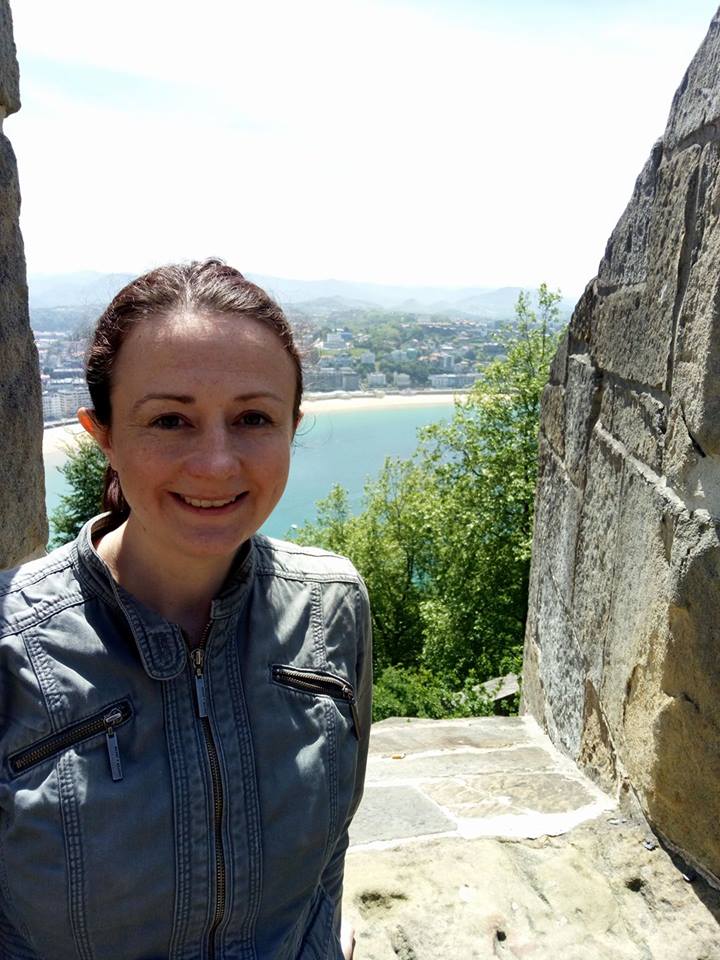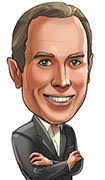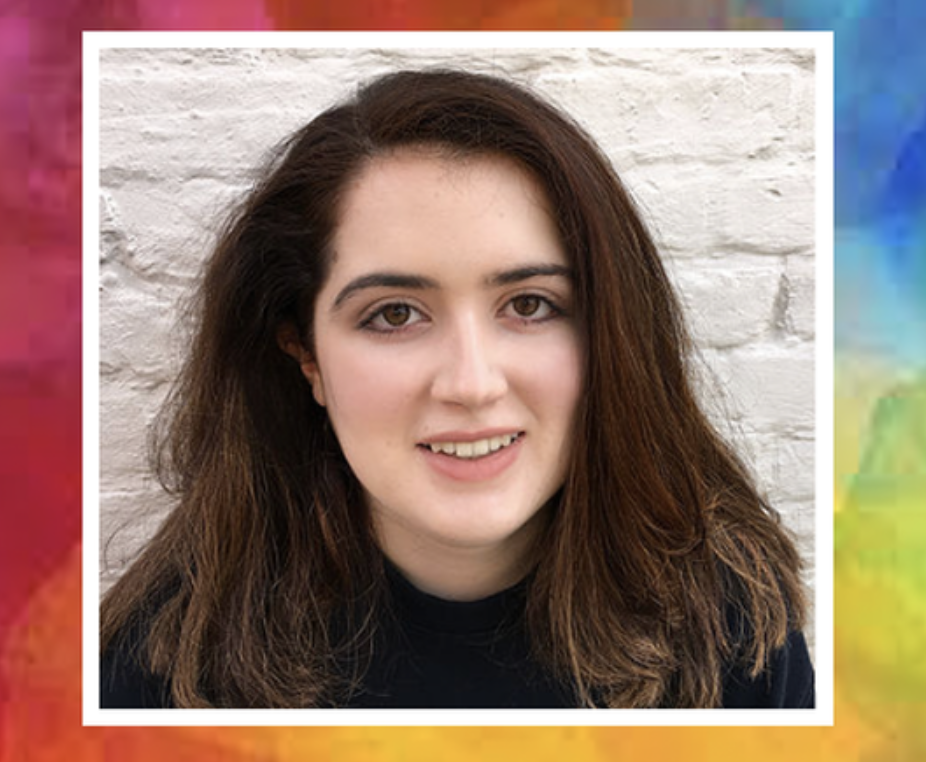A few nights back, I had a nightmare that involved being held hostage by a dominant partner ‘for my own good’.

I eventually escaped, only to be once again held against my will, by a dismissive charge nurse in a mental hospital (specifically – what is now a disused part of what is Severall’s Hospital in Colchester). This was possibly one of the oddest dreams I’ve had, and as a totality, I am lucky to say it has no basis in real life, although elements of it do.
The terrifying aspect was not the physical imprisonment but the sense of having no power over my own fate or being believed for my account of reality. Perhaps this is because it was a dream, and if I had really been in the situation the confinement would become the more frightening aspect. I would, no doubt, have dwelled on the glare of the fluorescent lights in the ward; the sounds that I had no control over or the feeling of plastic bed sheets scratching my skin as I tried to sleep.
I’ve written about the need for people to take on board insider experiences in the diagnosis of autism (rather than the perception of supposed deficits from a psychiatrist). I wrote about how there is evidence that undiagnosed autistic young people are at risk of exploitation. Given the reaction of my peers, I don’t know if my words have any real power to those who don’t understand autism or the nature of abusive relationships.
I have both been in more than one relationship where a partner sought to control my relationships with others, my self-care, my work, finances and my self-image, in ways that have diminished my ability to do all of these things, through physical coercion and social dominance. I have had depression. I can relate this back to my own early life and why I now think I can understand why I was particularly vulnerable to relationships that allowed me no self-determination. It has finally started to become clear to me as I have the stability to look back without too much fear of regressing.
When I was a teenager I was obsessed with what was then called Indie music, and with literature, philosophy and art. This is almost as much as I know about that phase of my life, because I recall other people’s responses to my life better than I recall my own inner experiences. I believe that I had a very rich and rewarding inner life; judging by the amount of music I collected, the books I read (more than I ever manage to now) and the memories other people have of me. I am much more likely to recall the responses people had to me and the effect it had on my life, which were baffling to me at the time but much more comprehensible to me now.
At 15, my first boyfriend offered me a sanctuary away from home, where I felt that I was under attack for not being sufficiently motivated to be a success. He, his home, and his fantastic mum and sister, who also turned out to be autistic, are probably what got me through my teenage years.
This must have been frustrating for my family; I had a lot of opportunities and academic talent too but was only really interested in things for their own sake or because they challenged the status quo in ways I found exciting. I am pretty sure I wasn’t good at showing affection, partly because my family were not and also because I don’t think I knew what it was for. The problem was that I could see that no amount of exam passing or excelling in classical music performances was going to make me ‘fit in’, and I was already tired of being the brunt of other people’s jokes for my own social mishaps, and wanted to find a way out or through to gaining some sort of control of my world. I am pretty sure that up to this time my best friends had been my cat, Lucky, and the frogs that lived in the pond (which I often rescued from the cat).
I was convinced that I was hideously ugly. This was not without a trigger in the outside world (the first boy I had a crush on had nicknamed me ‘toad’). This continued into my twenties, and I’m not without these feelings in my forties. It led to the urge to hide myself, or to spend hours locked in the bathroom. Performing in public is still difficult to this day because I am convinced someone will ‘ribbit’ at me.
There were several groups of boys who I was terrified of, and one of them would wait for me on my way back from school on my estate and block my path, or try to kick me if I was too close to them. I am still not too sure why, but it seems to have been part of their daily ritual. When I was about 13, I was so embarrassed by this that I frequently felt like stepping under a bus.
Life got better after my first boyfriend; perhaps the bullies relented because I had some protection. Sixth form was dull to me because everyone seemed to be so interested in clubbing and going to the shops, but I had some friends and I started to go out to the pub and gigs. The soundtrack for this phase of my life would be the juke box in the Three Cups on Trinity Street, and the smell of Guinness. ‘I wanna hold her, wanna hold her tight /Get teenage kicks right through the night’.
I split up with the boyfriend who had been kind to me; I don’t know why, but I think it is because he felt more like family to me at that point. He said he thought it was a good idea, but I realised later I hurt him. I don’t know why I didn’t realise by this point that what people said and what they thought were different things.
I went through a phase of dating boys and getting dumped quite quickly for what they thought of as socially inappropriate or clingy. A point came where I was nicknamed Lady Macbeth by a group of my exes and my former bully , and I was told to be avoided at all costs. My new boyfriend, who I stayed with for seven years, was the one to tell me this. He was also the one to say that he liked clingy-ness. This was the first relationship I was in that became abusive; I was so keen to have someone show me affection that I thought I didn’t deserve, that I didn’t mind the fact he punched me or humiliated me in front of his family.
Flash forwards a few years; a few decades even: I had forgotten my loves of music, literature and art. I was trying to seek the approval of a boss or boyfriend to the point where I had no real sense of self. I had no idea of who I should be or why I was unhappy in social situations because no one was interested in the same things as me. I knew I wanted to live somewhere else or achieve something, but I had no idea what it was or who I would be when I got there.
There are many definitions of abuse, but to me the one that seems truest is the one where someone holds their own or society’s view of you as more important than your own opinion of yourself and your motivations. When you are constantly asked what you have said to others that might give away their abusive behaviour. When the partner calls your doctor to ask them to intervene in your decision to leave them. When you are called disloyal or ungrateful for calling out their abuse or manipulation. This is the case when we are labelled as autistic without any understanding of what it might mean to us or caring what the world feels like to us.
This post first appeared on Wildblogging - Teenage Kicks
We are always looking for contributors. Please get in touch if you are interested in sharing your Neurodivergent insights or experiences via Me.Decoded.



